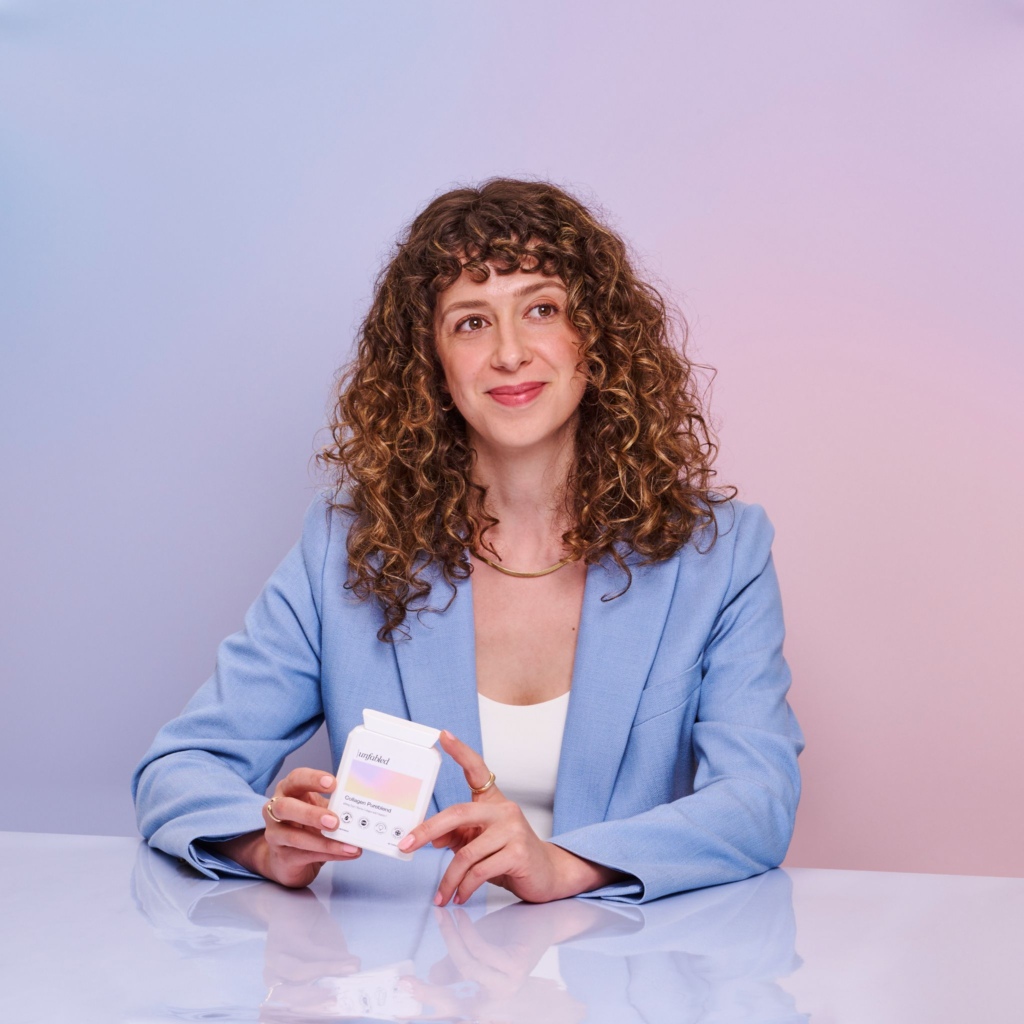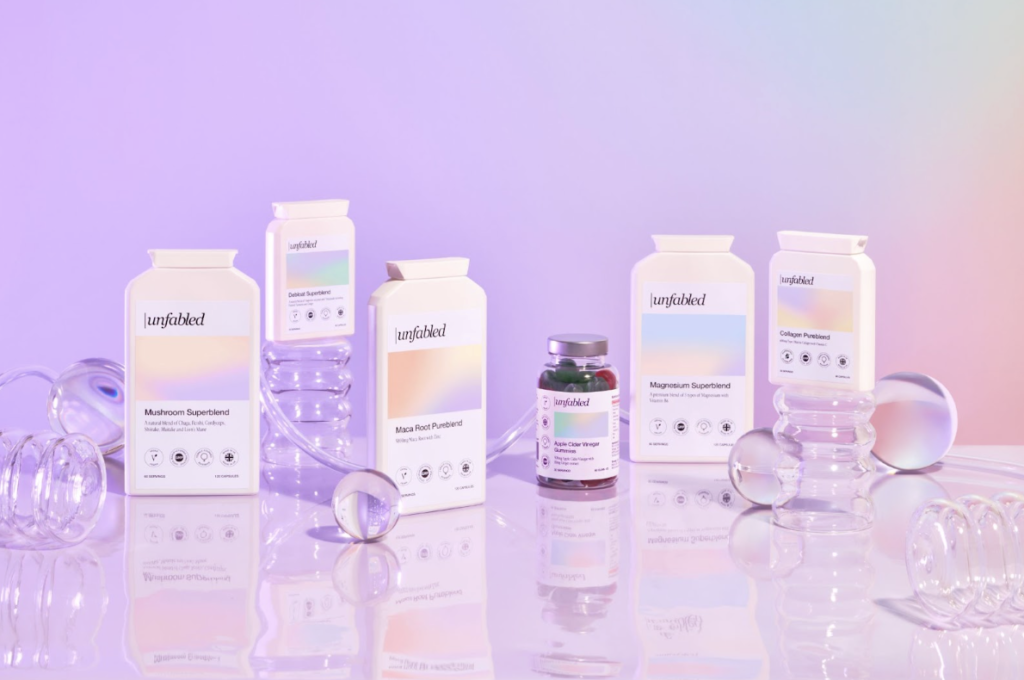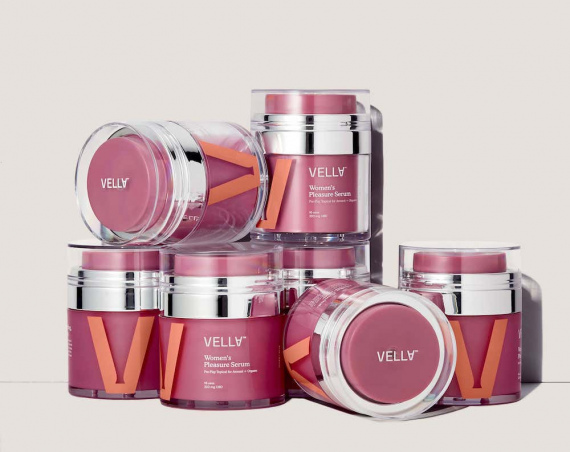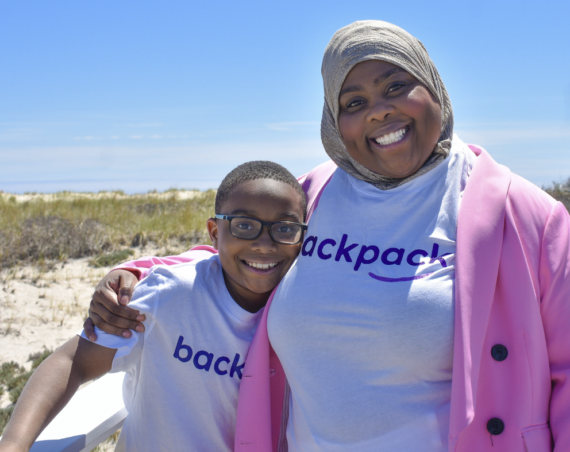
UK-based women’s health and wellbeing platform Unfabled is launching Unfabled Labs, a new consumer insights and research platform aimed at driving innovation in the women’s health and wellbeing industry. The platform will leverage data from over 400,000 women and non-binary individuals to support the development of new products and services tailored to their specific health needs.
“Significantly increasing the safe collection of gender-specific health data is an essential and critical step towards closing the gender health gap,” says Hannah Samano, founder of Unfabled.
By utilizing over 7 million data points on consumer behavior, Unfabled Labs will enable brands to create highly targeted and curated products for a diverse audience of women and non-binary people. This initiative informed the development of Unfabled’s new collection of supplements, also launched today. Through surveys, generative insight focus groups, and social listening, Unfabled Labs identified a market need for six supplements specifically designed for women and non-binary individuals. The new range includes natural, evidence-backed products such as Mushroom Superblend and Magnesium Superblend, which support health areas including menstruation, cramps, libido, focus, and sleep.

A key focus for Unfabled Labs is addressing the lack of health data on women. Historically, women were only included in clinical trials starting in 1993, and much of the current pharmaceutical and health industry lacks sex-aggregated data. This oversight has led to medicines being developed without adequately considering women’s health needs. Hannah Samano founded Unfabled in 2021 after experiencing difficulties in finding effective treatments for her hormonal symptoms. She explains, “The lack of data on women’s health is one of the key reasons we have collectively had such a poor experience visiting doctors and healthcare professionals. We’ve spent over three years listening, learning, and speaking with our community. Women of today may not often speak to their doctors, but they’ll speak to us.”
The lack of funding and data on women’s health has eroded trust in the medical profession. A significant 60% of women feel their health issues are not taken seriously, and 9 out of 10 have felt embarrassed experiencing female health symptoms, such as period cramps or hot flushes, in public. Consequently, twice as many women as men choose self-care over professional consultations. “Businesses are playing a huge role in dramatically accelerating advancements in the health of women and non-binary people as they can test, trial, and innovate much faster than our underfunded and overwhelmed health services,” says Samano. “Just look at the advancements in fertility testing, menstrual cycle awareness, and menopause treatments – much of that has come from the entrepreneurial business sector.”
“For those brands willing to truly comprehend, and not assume, the diverse needs and behaviors of the full spectrum of their audience, the payoff is long-term customer loyalty in an increasingly competitive market where consumer attention is fleeting.”



